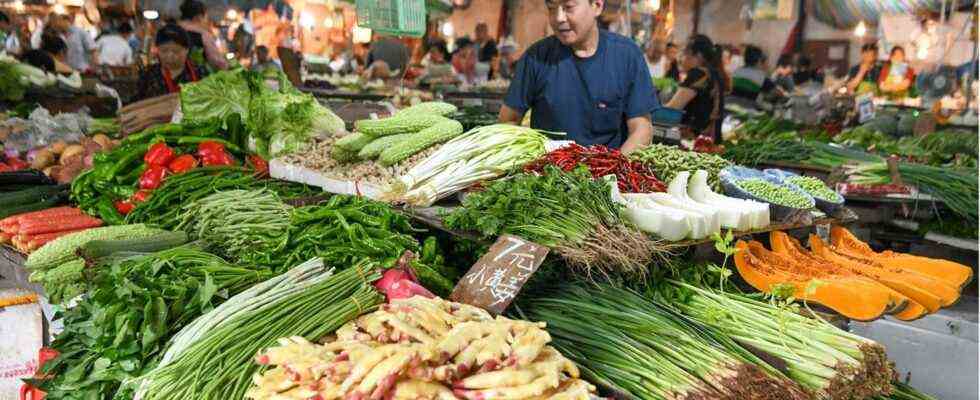World hunger day
These areas are dependent on food imports
Many countries fail to provide enough food for the population on their own. They are dependent on imports from other countries, but these have partially come to a standstill during the pandemic. Africa in particular is affected.
Acute famine could affect 265 million people in thirty different countries. Air traffic was reduced worldwide during the pandemic and the import and export of goods is also subject to strict guidelines. Some countries cut food exports for fear of food emergencies. In addition, schools that were otherwise supplied with food by humanitarian organizations remain largely closed and thus children are also denied a safe meal.
If the governments continue to pursue protectionist courses that reduce food exports, this could lead to “famines of biblical proportions”, according to the United Nations Relief Agency.
Who suffers most from export restrictions?
The Statista graphic shows the share of food imports in total goods imports for countries and territories with more than one million inhabitants. The countries listed are therefore worst affected by the export restrictions. According to the World Bank, around half of the imports of goods in Benin are food for the approximately 11.5 million inhabitants.
For comparison: In Germany and on the international average, food imports amount to a mere eight percent. Among the more advanced economies, Portugal and Denmark import the most with 14 percent.

